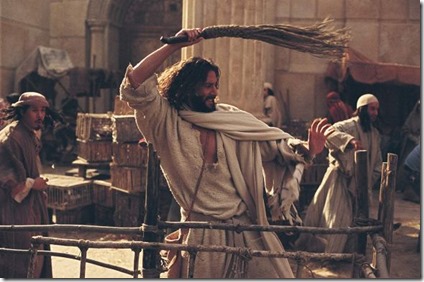 I’ll tell you at the beginning that I don’t know the answer to that question. But I do know that as with every tool, the wise and the foolish will use it differently. Therefore, whether it helps or harms content creation will be determined by which path we take. Will we take the path of fools or the path of the wise?
I’ll tell you at the beginning that I don’t know the answer to that question. But I do know that as with every tool, the wise and the foolish will use it differently. Therefore, whether it helps or harms content creation will be determined by which path we take. Will we take the path of fools or the path of the wise?
—
“Write a popular level article on the impact of artificial intelligence on content creation”. I gave this prompt to ChatGPT. It wrote a solid article with a compelling introduction, six succinct points, and this solid conclusion:
The impact of artificial intelligence on content creation cannot be overstated. AI algorithms empower creators and businesses to streamline their workflows, unlock new creative possibilities, and deliver highly personalized content experiences. From automating mundane tasks to enhancing the overall quality of content, AI has revolutionized the way we create, consume, and engage with information. As technology continues to evolve, we can expect AI to play an even greater role in shaping the future of content creation, enabling creators to push boundaries and captivate audiences in unprecedented ways.
“Your future is bright,” says our robot overlords. It’s not entirely wrong. AI can be used to accelerate content creation. But is that a good thing or a bad thing?
For that, I turn to Proverbs. In Proverbs 21:5 we read:
The plans of the diligent lead surely to abundance,
but everyone who is hasty comes only to poverty.
The word here for “hasty” is one that give us the picture of a person running swiftly to nowhere. You don’t know where you are going but you’re making great time. This is juxtaposed by the person who diligently plans out their steps. One leads to abundance, the other leads to poverty.
What does this proverb have to do with AI and content creation? Quite a bit.
AI and Time-Saving
First, we’ll likely begin with the notion that AI will save us time. But in reality it will only help us accelerate content. The “time” we save using AI will only accelerate the expectations upon us. There will be a hasty way to use AI.
But the wise will view the acceleration of content differently. There will be a diligent way in which this powerful tool is wielded. I think here of the wise words of Tony Crabbe. He gives us a picture of the opposite of busy:
“The opposite of busy in today’s world is sustained, focused attention. It is deep engagement in activities that really matter to us, or in conversations with those we care about. It is taking the time to think, to amble and to plunge into the moment. It is to be found in the way we use our attention, not time; in how we think, not produce; and in how we engage, not acquire. (Tony Crabbe, Busy, xxiii)
Sustained, focused attention is the goal. Or to use the language of the proverb, “The plans of the diligent lead to abundance”. How so?
AI and Wisdom
Secondly, whether AI leads to poverty or abundance will be directly proportional to what we feed the machine.
We are already over-saturated with content, drowning in information. But we are starved for wisdom. If we use AI to help us churn out hasty product, it will ultimately harm us and we will experience poverty of meaningful and helpful content.
But if we diligently plan and feed wisdom into the machine, then it will be a helpful tool. AI can’t make you wise. But it can enhance the impact of those who are wise. Yes, AI can help you cut corners. But this, according to the proverb, will only lead to poverty.
Conclusion
Whether or not AI helps or harms content creation is largely up to us. Will we be people of wisdom? Or will we be people of haste? AI will be whatever we feed it.
—
Photo source: here


